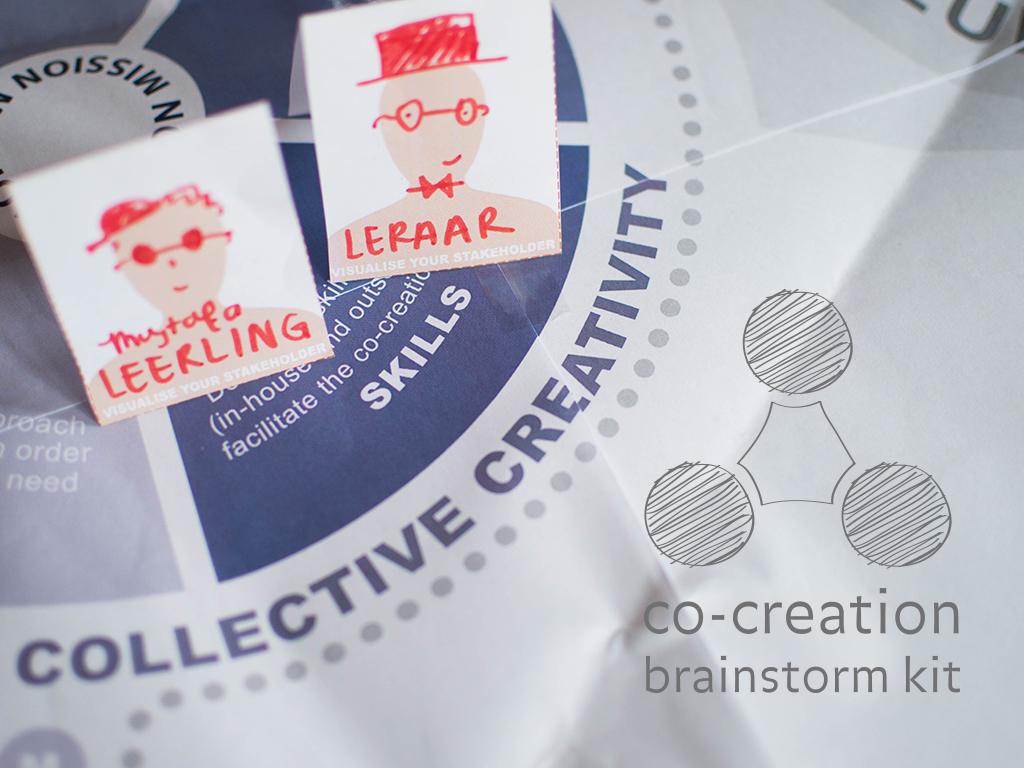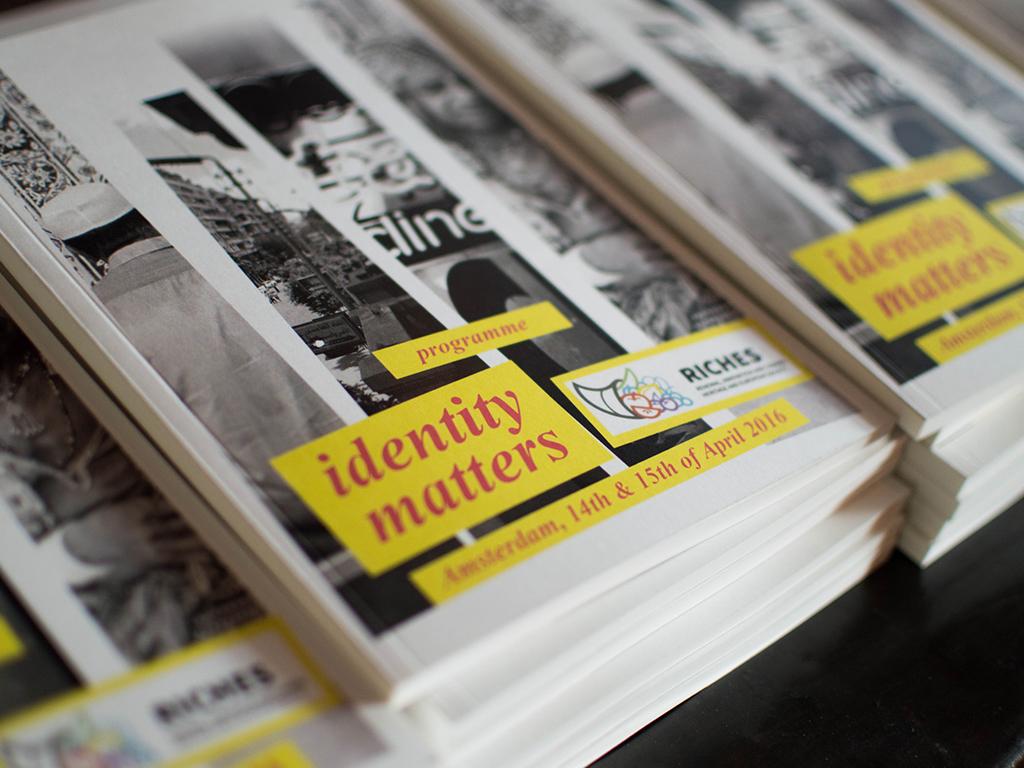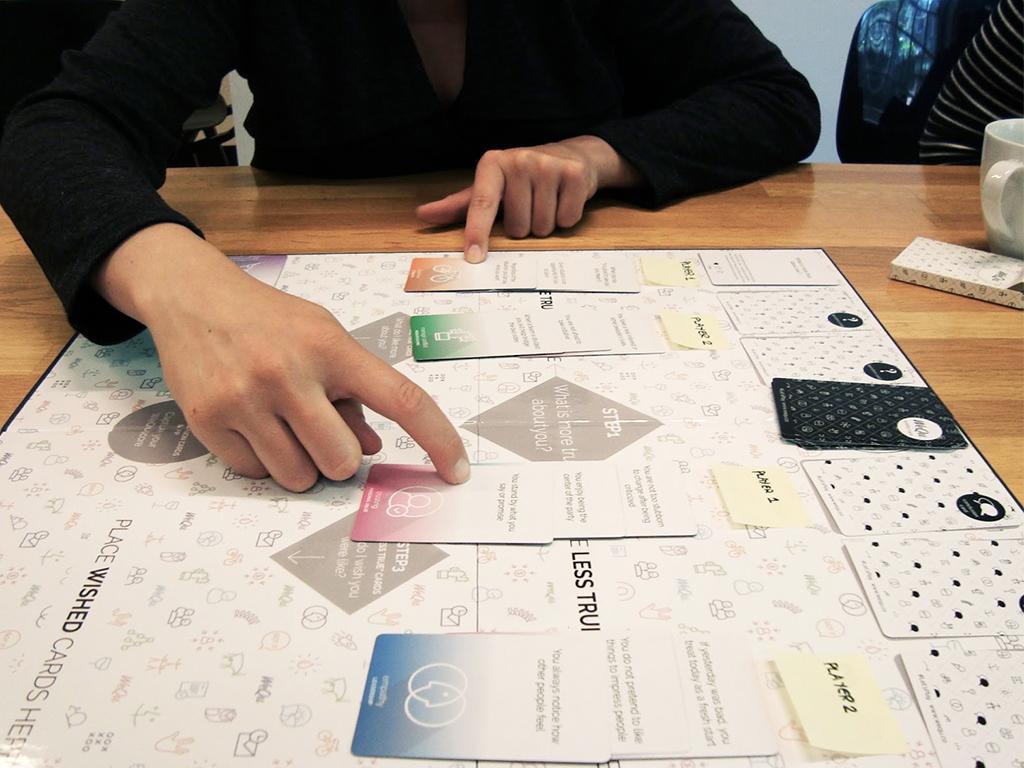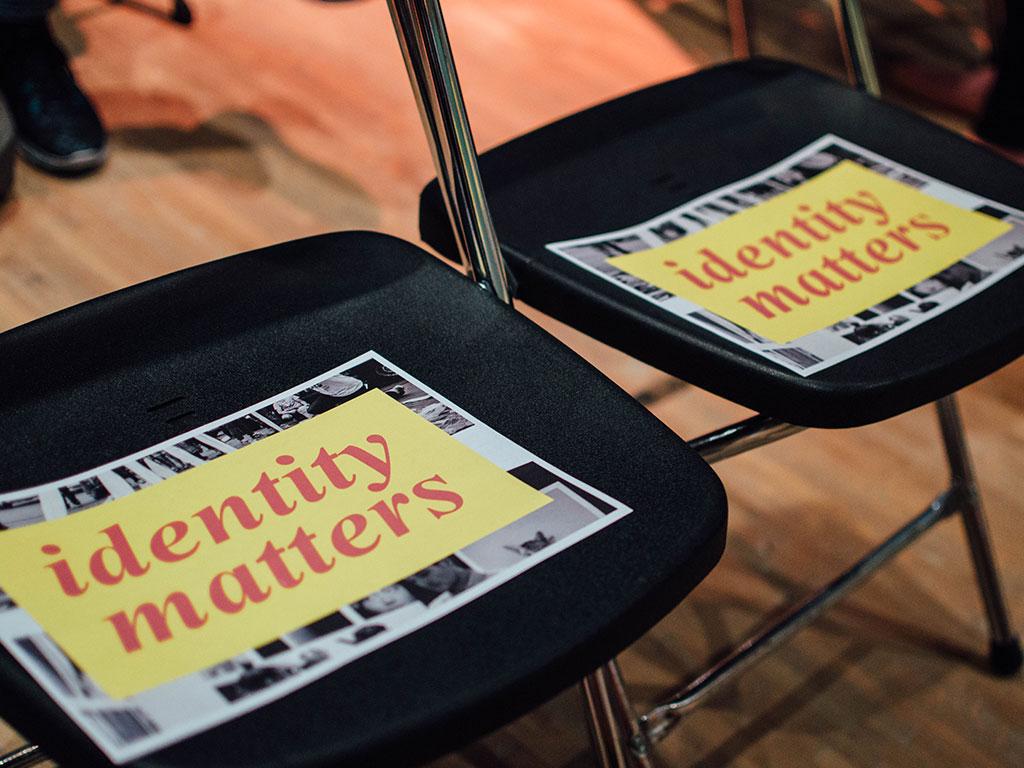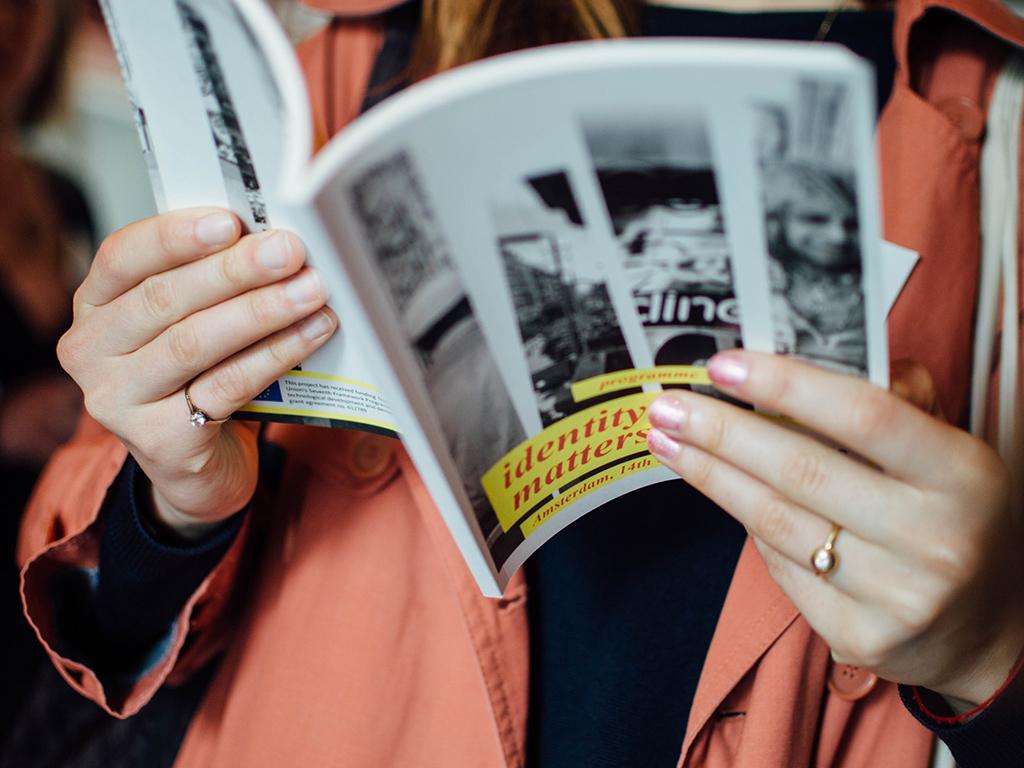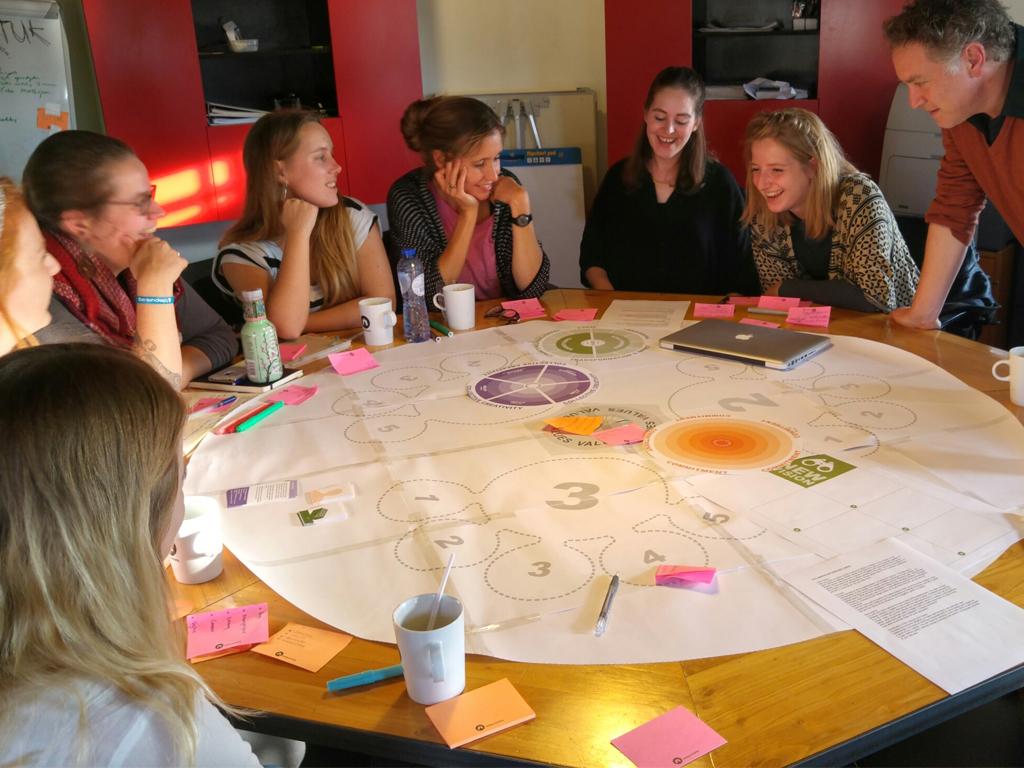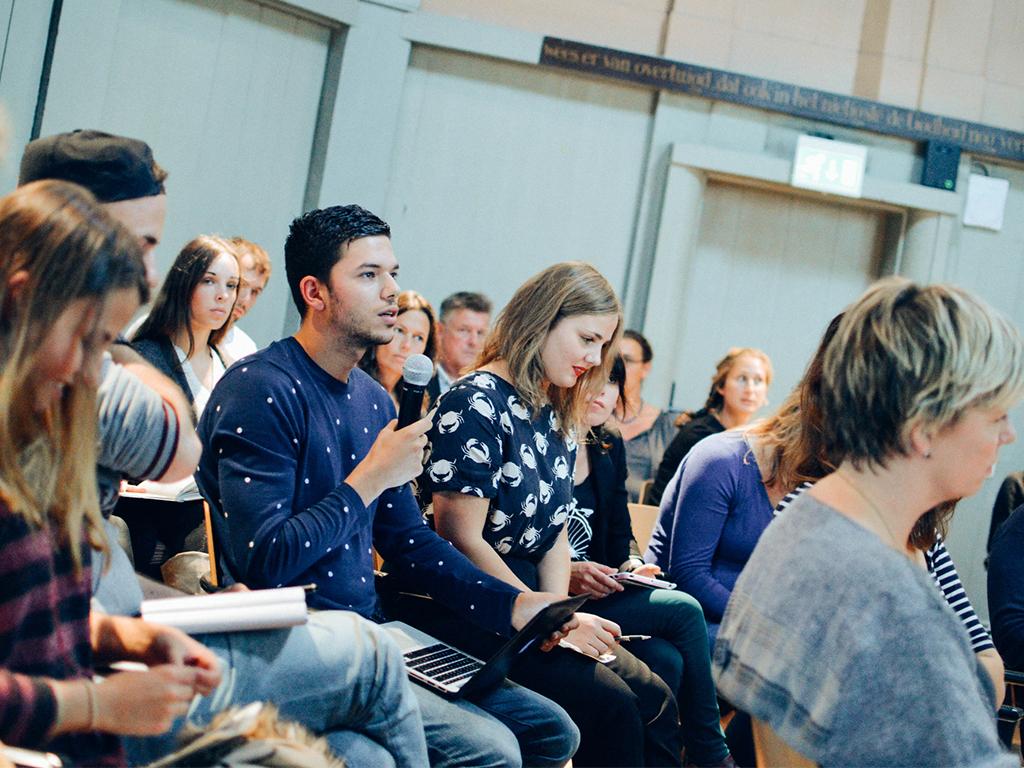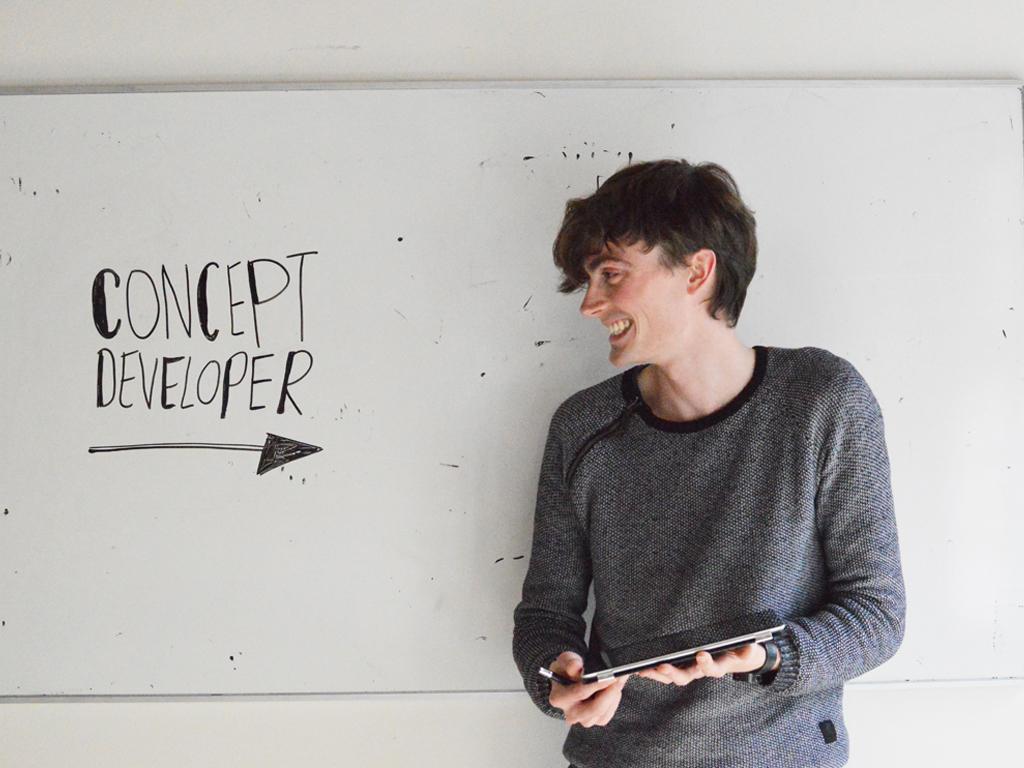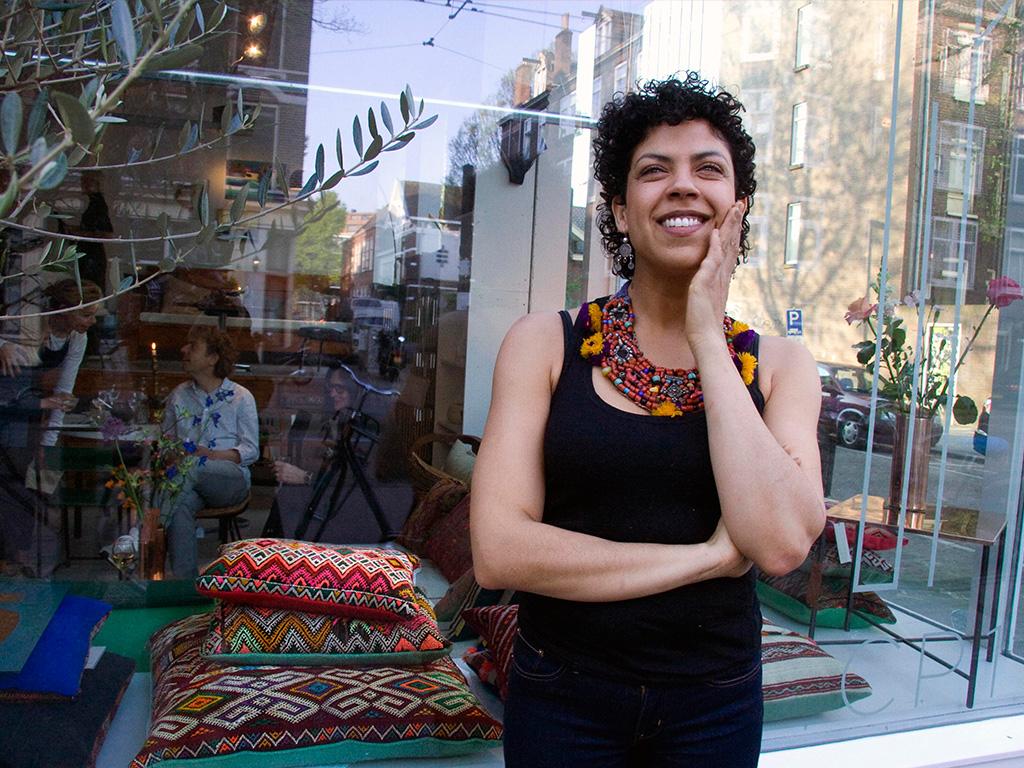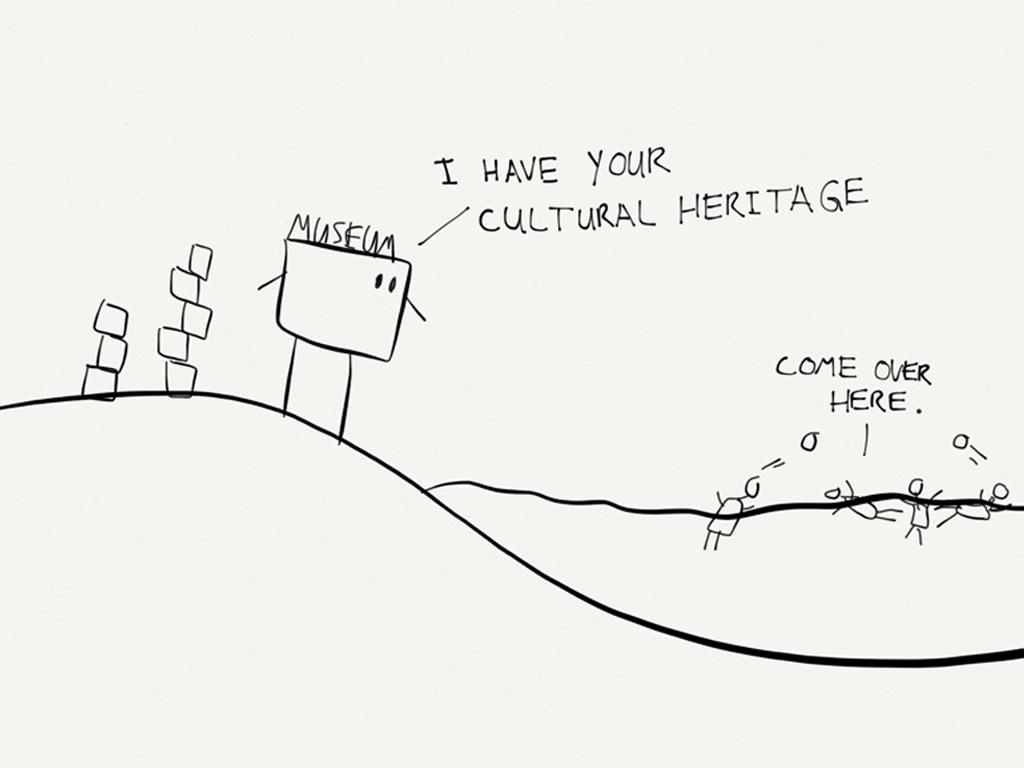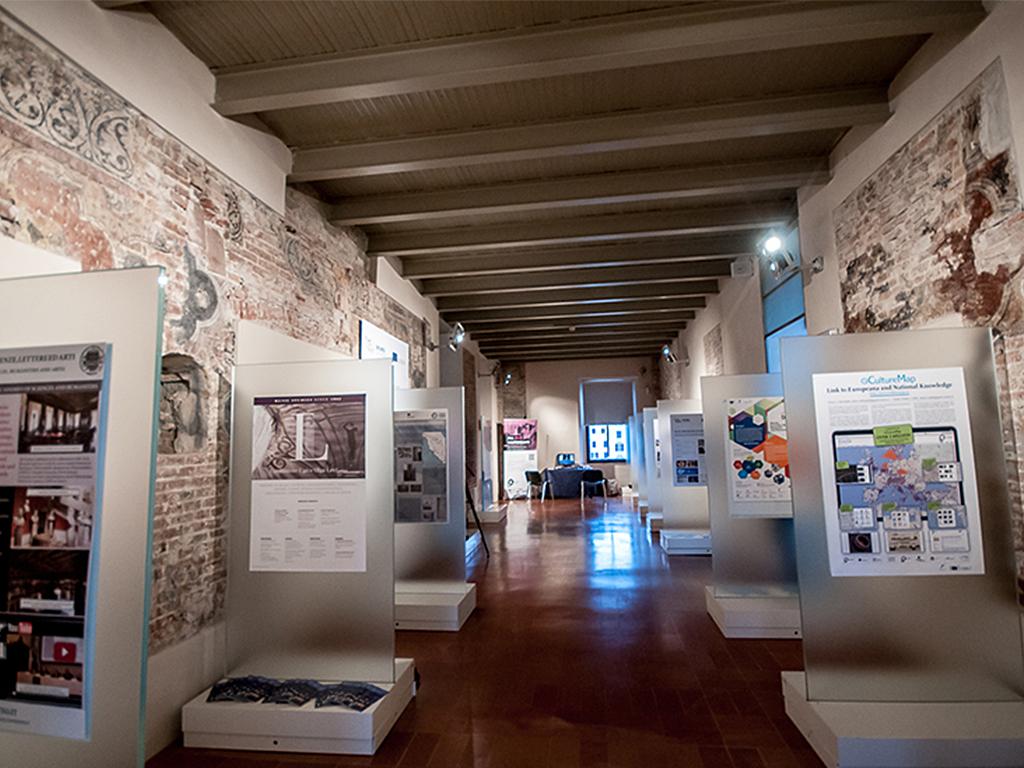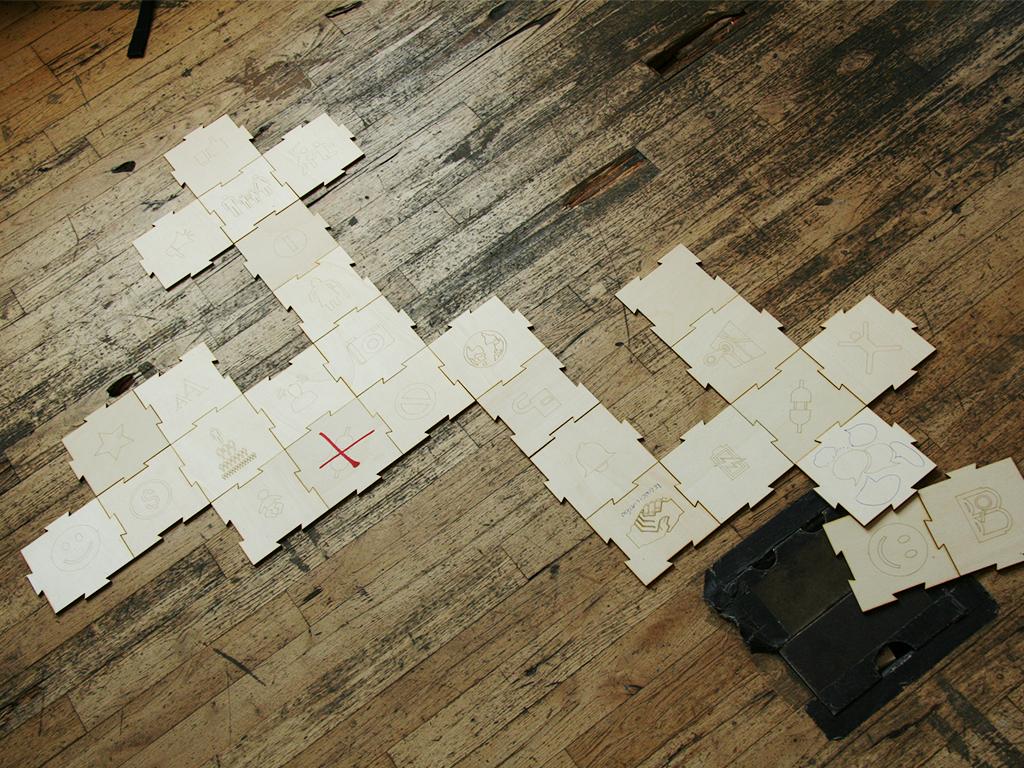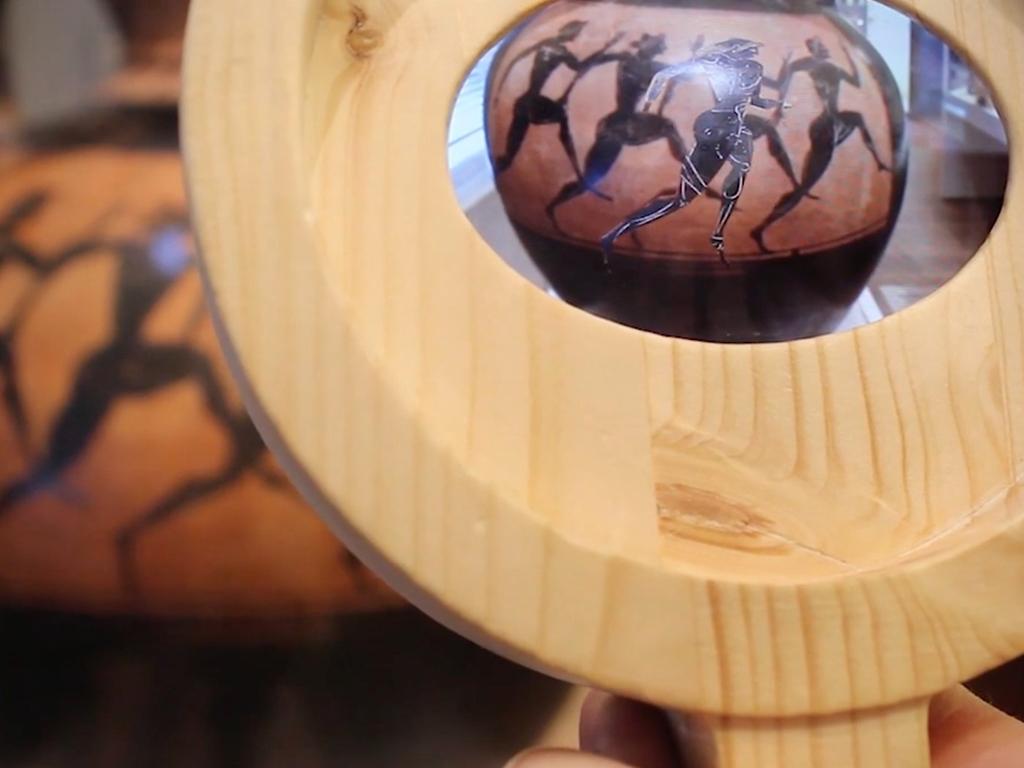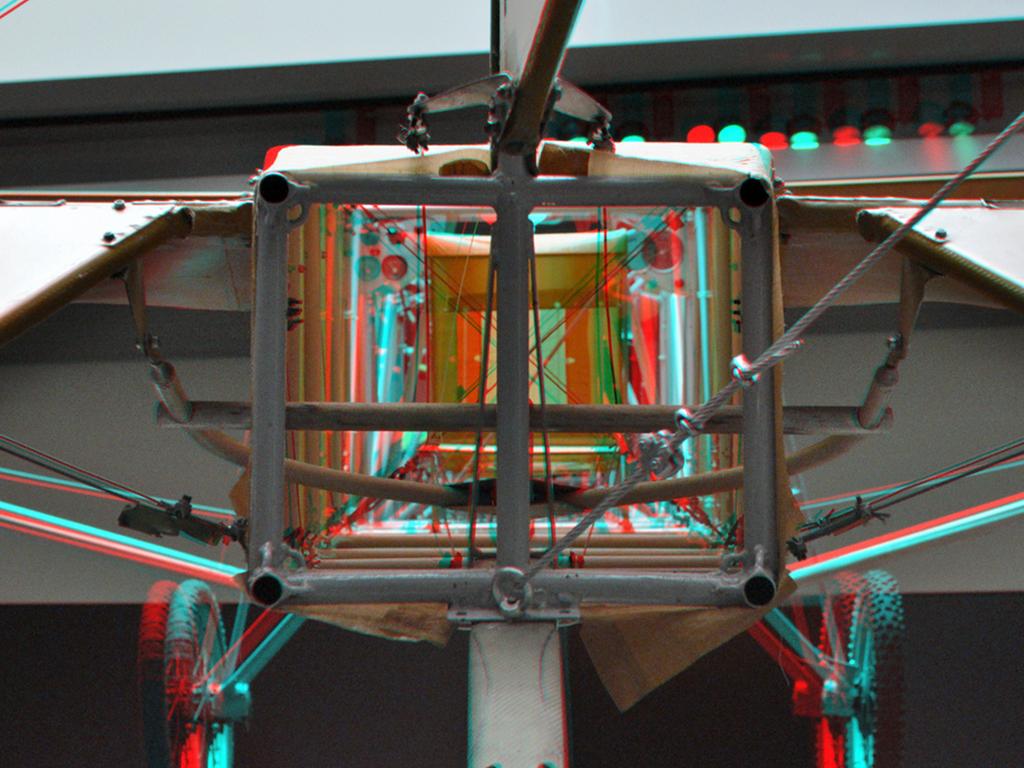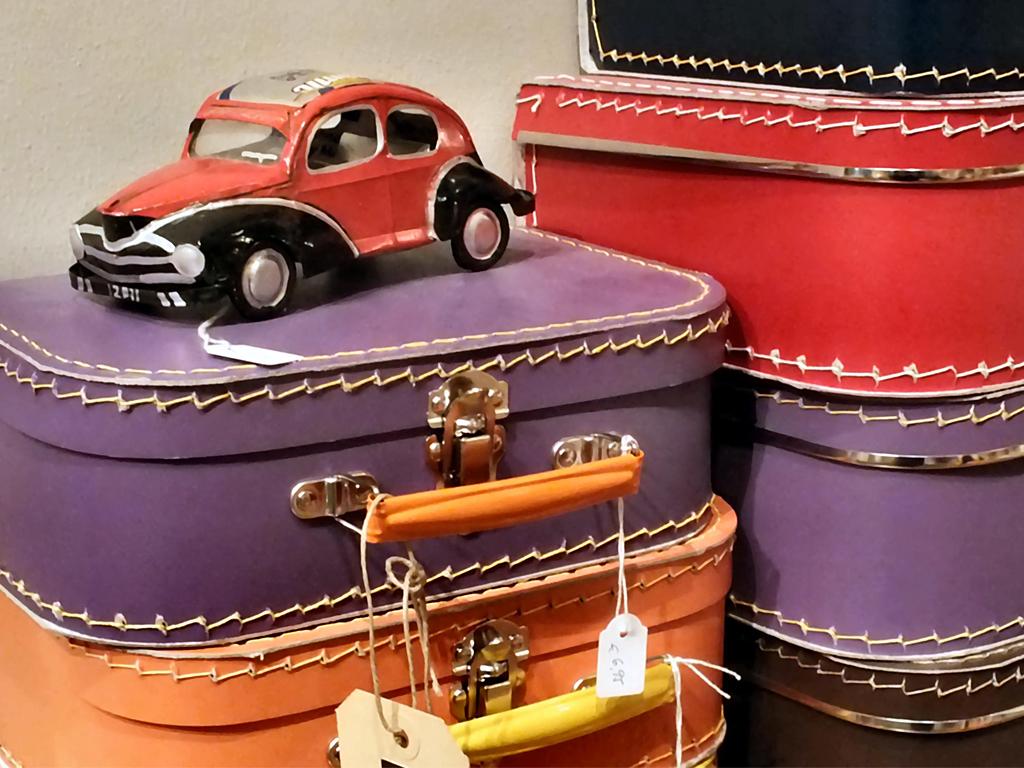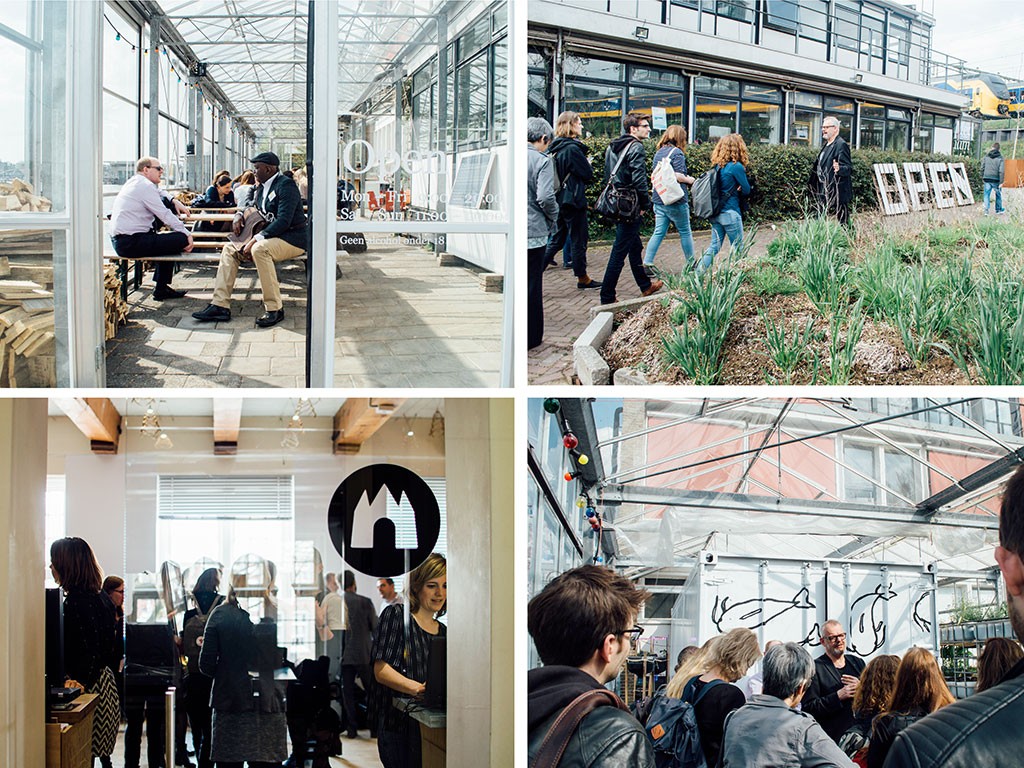
RICHES
The project RICHES (short for: Renewal, Innovation and Change: Heritage and European Society) explored the link between cultural heritage institutions and our personal experience of identity and belonging.
How can cultural heritage provide value for an increasingly diverse society? How can cultural heritage be a force in the stimulation of creativity, education and the European economy?
For many in 21st century Europe, Cultural Heritage (CH) is more about what it is than who we are: though enormously rich, this treasure is often locked away, or crumbling, or in a foreign language, or about a past which to many people - young , old, newcomers to Europe and settled inhabitants - seems of little relevance. But this is changing. As digital technologies permeate all of society, compelling us to rethink how we do everything, we ask questions: How should an increasingly diverse society use our CH? How can the EU citizen, alone or as part of a community, play a vital co-creative role? How can CH become closer to its audiences of innovators, skilled makers, curators, artists, economic actors? How can CH be a force in the new EU economy?
RICHES researched answers to these questions by drawing together 10 partners from 6 EU countries and Turkey, experts from cultural institutions, public and national administrations, SMEs, the humanities and social sciences. Its interdisciplinary team will research the context of change in which European CH is transmitted, its implications for future CH practices, and the frameworks - cultural, legal, financial, educational, technical - to be put in place for the benefit of all audiences and communities in the digital age.
The result of RICHES –in addition to policy briefings– is a "toolset" for policy makers, creatives and heritage sector itself how to use heritage better in a changing society.
From 2013-2016, the RICHES consortium, consisting of ten partners from six European Union countries and Turkey, have carried out research focused on bringing cultural heritage and people together. They have found new ways to engage people in a digital world. More on the project, the partners and the deliverables can be found at the project website.
We are currently working on a cookie-free website. At this point we still have media embeds (Vimeo, Youtube, etc) in the website which place cookies. We are working on alternatives for these platforms.
This project has received funding from the European Union’s Seventh Framework Programme for research, technological development and demonstration under grant agreement no. 612789.

Meta data
Project duration
Links
Financiers
Partners
- Coventry University
- Hansestadt Rostock
- Rijksmuseum voor Volkenkunde
- University of Exeter
- Promoter Srl
- i2cat
- Syddansk Universitet
- Stiftung Preussischer Kulturbesitz
- Turkish Ministry of Culture and Tourism

